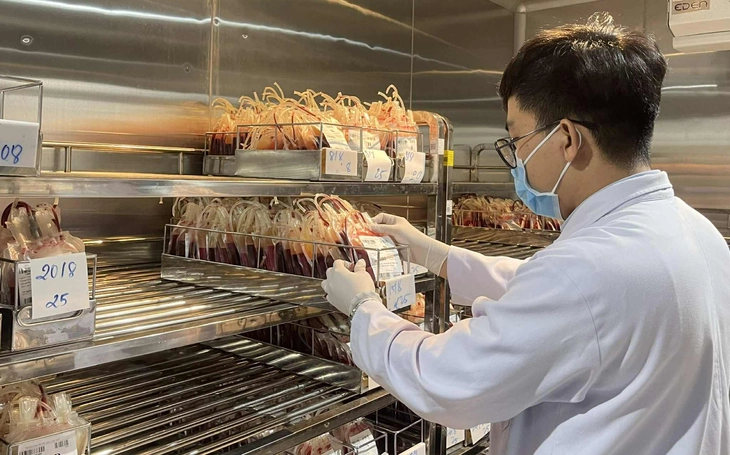
Inside the blood storage and distribution unit of Cho Ray Hospital Blood Transfusion Center (HCMC) - Photo: XUAN MAI
Blood is a product that cannot be manufactured. During the transition period, the Ho Chi Minh City health sector has implemented many plans to ensure treatment and emergency care for patients.
Patients need blood
Suffering from acute leukemia (blood cancer), B.D.N. (20 years old) often falls into a state of severe anemia, sometimes even fainting. To stay alive, N. must receive regular blood transfusions in large quantities. Since being admitted to Cho Ray Hospital for treatment in May 2024, N. has received more than 20 units of blood.
Recently, N. said that blood transfusions are not always timely because of waiting for supplies.
"Blood is extremely important, a vital factor for patients like me. Other health problems can be adjusted, but blood is indispensable and there is no substitute," N. said, hoping that the blood reserve will always be abundant.
Carrying the rare blood type B Rh-, Mr. Truong Van Thong (34 years old, lecturer at Binh Tan High School, Ho Chi Minh City) has donated blood and platelets 32 times since he was a university student in 2010.
During his 32 blood donations, he has helped many special patients. "Seeing my blood and platelets help patients overcome critical conditions, I believe more in the power of the community of people with rare blood types and want to spread this spirit of sharing," Thong shared.
In recent days, blood donation organizations in Ho Chi Minh City have continuously posted notices calling for blood donations to save lives at fixed locations. At the same time, they also regularly organize mobile blood drives at agencies, companies, businesses, etc.
Doctors say that blood donation is extremely important to maintain blood reserves and blood security, thereby ensuring treatment and emergency care for patients, especially in the context of blood reserves in many localities gradually becoming scarce.
Call for blood donation to save lives
According to reports from blood receiving units, the Ho Chi Minh City Department of Health said that recently there has been a decrease in the amount of donated blood, affecting the ability to store and supply blood for treatment.
According to the Ho Chi Minh City Blood Transfusion and Hematology Hospital, without close coordination and increased blood donation campaigns in August and the following months, the amount of blood received can only meet about 70 - 80% of the demand.
This directly affects treatment at hospitals and medical centers with beds in the area.
Speaking to Tuoi Tre on August 8, Dr. Tran Thanh Tung - head of the hematology department and in charge of the Blood Transfusion Center at Cho Ray Hospital - said that the hospital's blood transfusion center is responsible for receiving, screening, preparing and supplying blood and blood products to five provinces in the Southeast region, Cho Ray Hospital and several hospitals in Ho Chi Minh City.
As of the morning of August 8, the blood transfusion center's reserve had more than 3,600 units of packed red blood cells, more than 18,200 frozen plasma blocks, 528 cryoprecipitate blocks and 28 platelet blocks.
Meanwhile, at the distribution units, the current inventory includes 494 units of packed red blood cells, 641 blocks of fresh frozen plasma, 242 blocks of cryoprecipitate and 91 units of platelets.
Regarding the amount of blood received, from August 1 to 7, on average each day the receiving center received about 271 blood bags with a capacity of 350ml and 39 platelet units (while previously the average received about 500 - 600 blood bags/day).
In the context of reduced blood supply, Dr. Tung said that currently, the blood bank of Cho Ray Hospital Blood Transfusion Center provides enough blood for the hospital and the assigned provinces in the region.
However, the treating physician will have to consider blood transfusion more carefully, prioritizing severe cases, emergencies or urgent surgery.
As a specialized medical facility, People's Hospital 115 receives about 350 emergency patients and 2,000 inpatients every day.
Mr. Tran Van Song, hospital director, said that to contribute to increasing the blood reserve, the hospital coordinated with the City Blood Transfusion and Hematology Hospital to organize a regular humanitarian blood donation program with the participation of medical staff, employees and workers of the hospital.
Urgently deploy many solutions
Faced with the current situation of declining donated blood sources, Mr. Nguyen Anh Dung - Deputy Director of the Ho Chi Minh City Department of Health, Deputy Head of the City's Voluntary Blood Donation Steering Committee - directed the urgent completion of the Voluntary Blood Donation Steering Committee at the ward, commune, and special zone levels.
During this time, the Blood Transfusion - Hematology Hospital and the City's Humanitarian Blood Donation Center must proactively coordinate closely with localities to maintain blood mobilization and reception work, without interruption.
Special attention is paid to establishing a network of fixed blood donation points covering all regions, especially in regions 2 and 3, from January 2026.
During the time when the Steering Committee for voluntary blood donation at ward, commune and special zone levels has not been completed, Mr. Tran Truong Son, Chairman of the Ho Chi Minh City Red Cross Society, requested that the steering committees and local cultural and social departments promote their focal role, coordinate with the team of collaborators who are former full-time staff of the Red Cross Society to support the organization of blood donation activities.
The City's Humanitarian Blood Donation Center will act as a bridge, connecting this group of collaborators with wards, communes, and special zones to maintain blood donation activities locally.
Establishing a network of fixed blood donation points covering the entire city is an extremely urgent task, in order to prepare to meet the expected increase in blood demand by 2026.
Blood Donor Fraud During Blood Shortage
The Ho Chi Minh City Department of Health has warned of a method of impersonating medical staff to defraud blood donors. Subjects request to provide citizen identification photos, VNeID accounts, and add Zalo friends to "guide registration for examination and testing" or "verify identity".
This behavior shows signs of fraud, causing panic, affecting security and order, the reputation of the medical industry and the blood donation movement. People absolutely do not provide personal information to strange phone numbers or text messages.
Source: https://tuoitre.vn/mau-hien-sut-giam-nguoi-benh-cho-mau-2025081309082212.htm








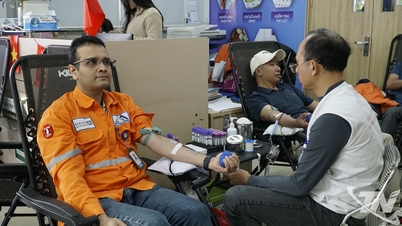

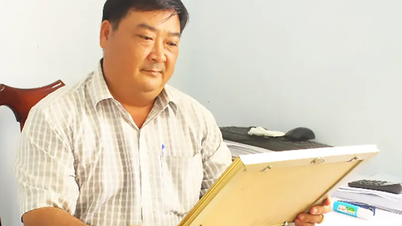

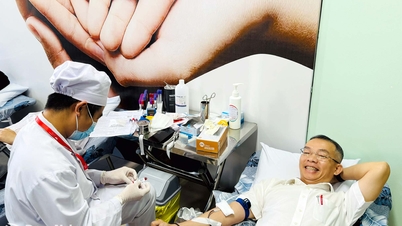

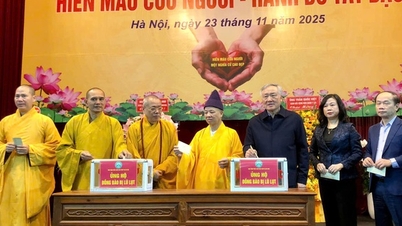

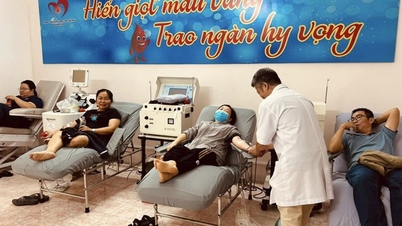
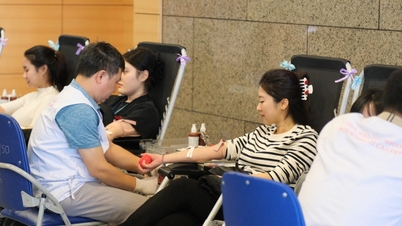



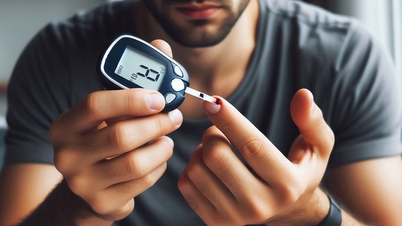

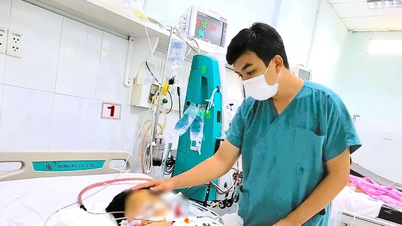


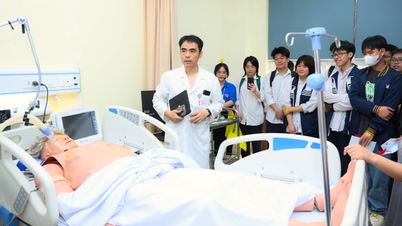




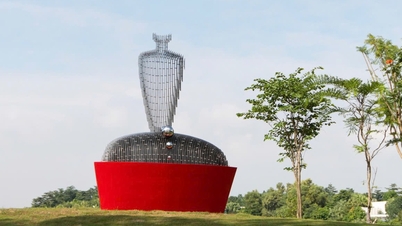

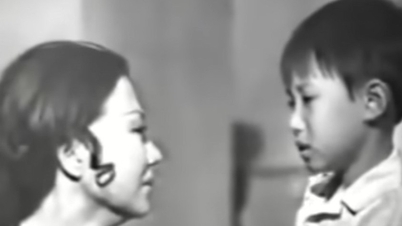
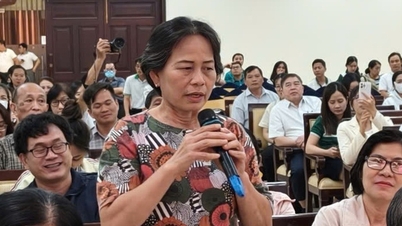






































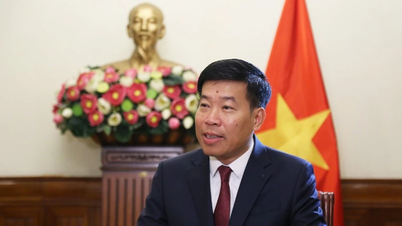
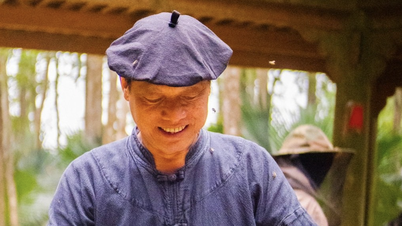















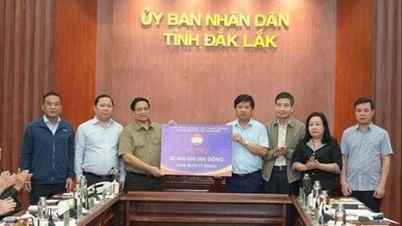



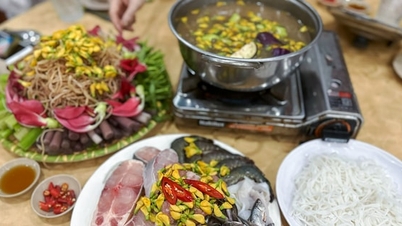


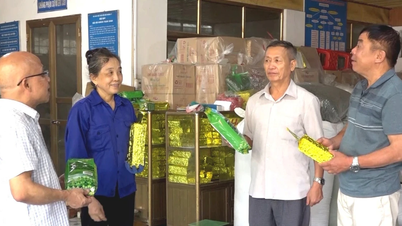










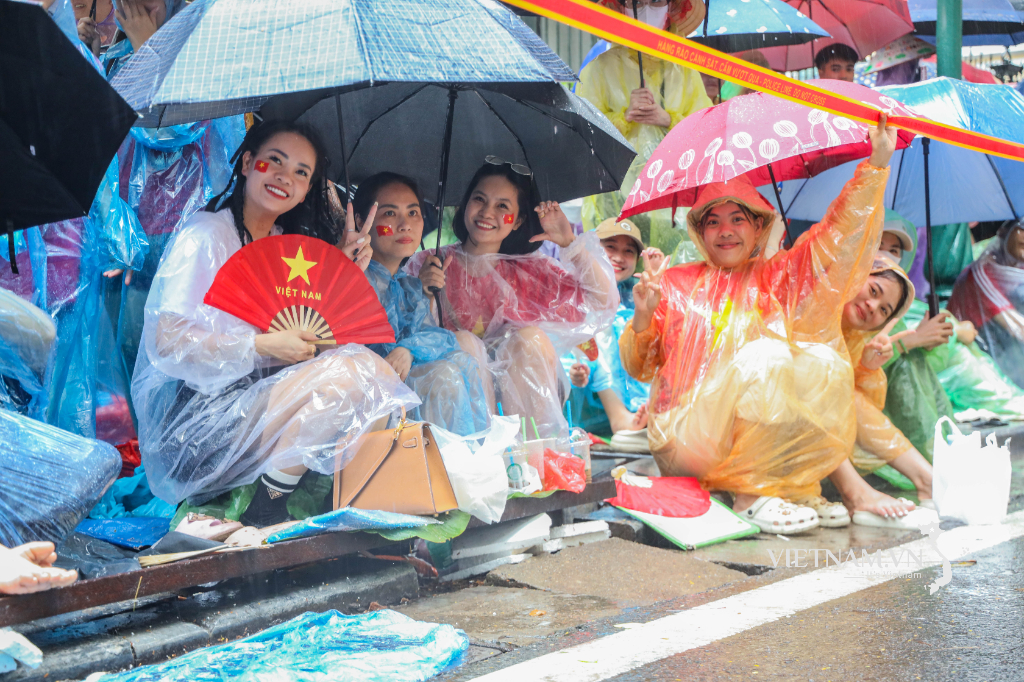

Comment (0)